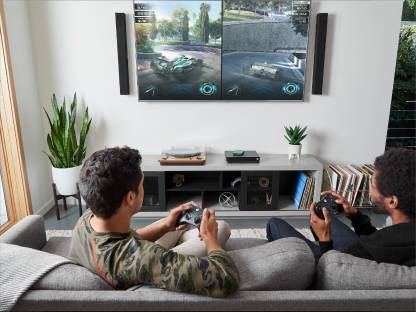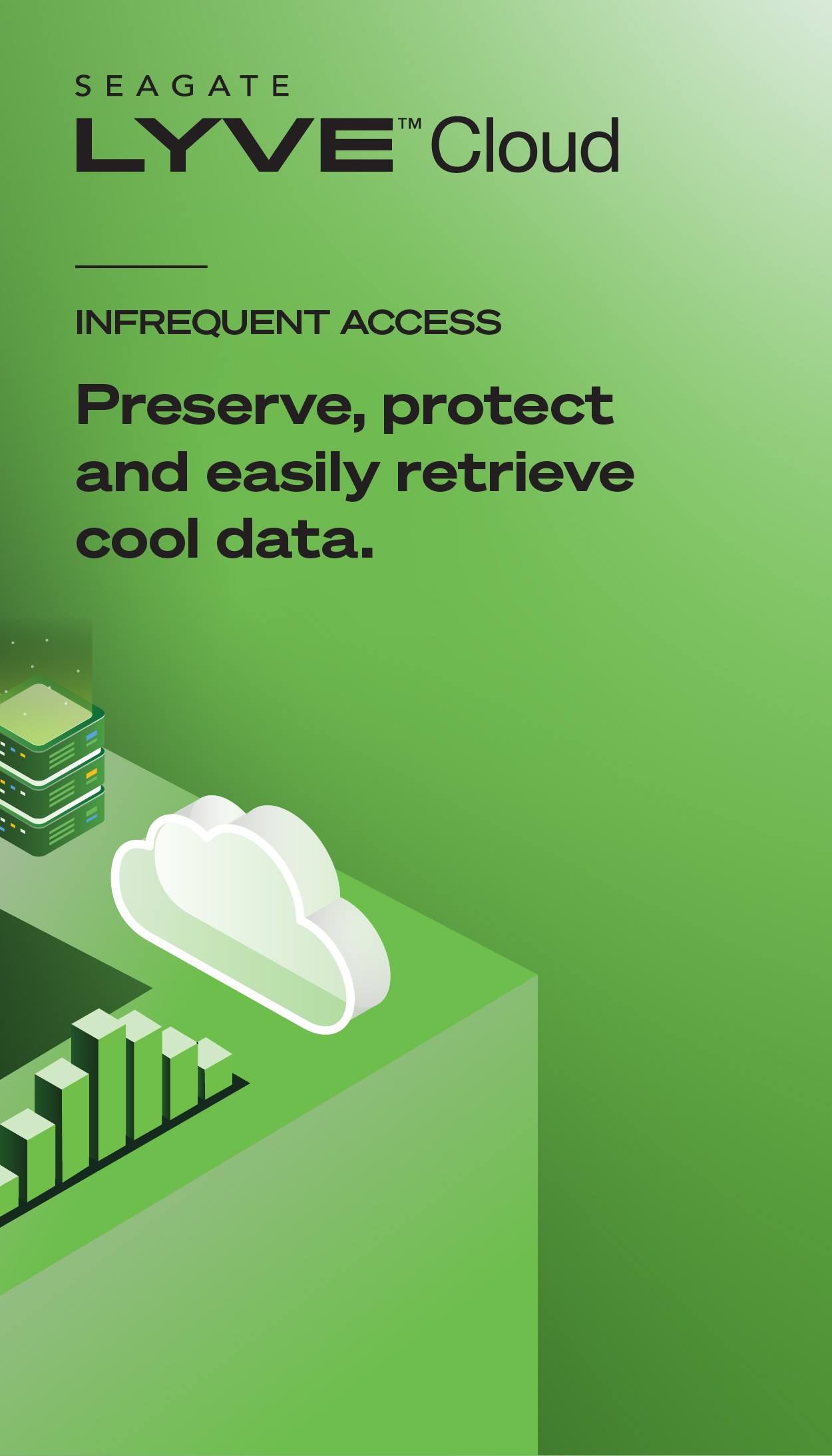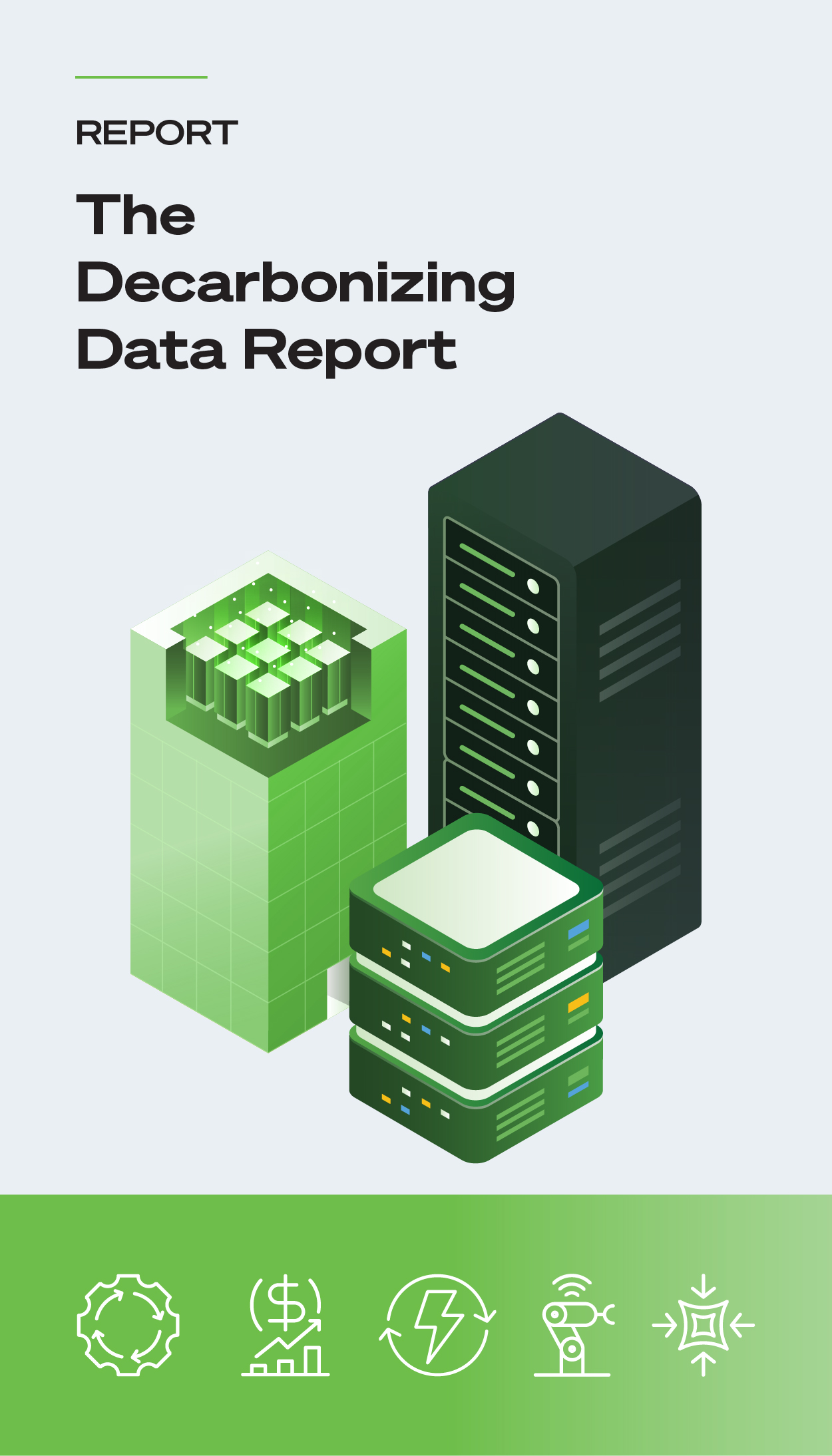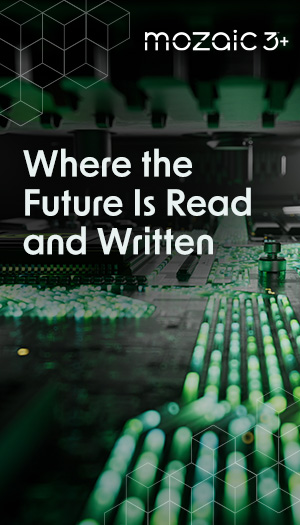When connecting an external drive to a Windows 7, Vista, XP, or 2000 Pro computer, sometimes the permissions/privileges will need to be assigned. Since the ownership of the files belong to a different user account, you may see "Access Denied" or "Not accessible" errors when trying to open the drive or a folder within the drive.
To change the ownership with Windows 7/Vista to the current user, please see here and here.
To change the ownership with XP Professional to the current user, follow the steps below. These instructions are also relevant for Windows Vista.
(Click here for instructions in XP Home.)
- Check My Computer > Tools > Folder Options > View, and uncheck "Use Simple File Sharing".
(Windows Vista users may skip this step, as it is the default mode for Vista Home and Ultimate.)

- Right-click the file/folder you are trying to access, go to Properties.
- Go to Security > Advanced > Owner and highlight the user account on your machine that you would like to take ownership of these files/folders.
Be sure to check the box below, "Replace owner on subcontainers and folders" so all files within the folder will inherit the changes (only if you are changing the permissions on a folder). - At the message, "You do not have permission to read the contents of directory [folder name]. Do you want to replace the directory permissions with permissions granting you Full Control? All permissions will be replaced if you press Yes", click on Yes.
(Windows Vista users will need to press the Edit button to change settings.)
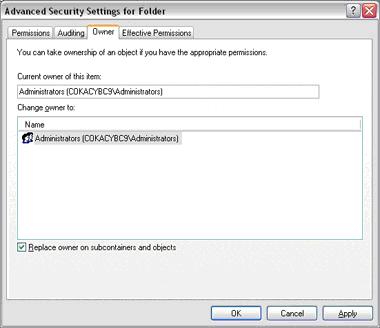
To change the ownership with Windows XP HOME to the current user:
- You must boot into Safe Mode.
- Right-click the file/folder you are trying to access, go to Properties.
- Go to Security > Advanced > Owner and highlight the user account on your machine that you would like to take ownership of these files/folders.
Be sure to check the box below, "Replace owner on subcontainers and folders" so all files within the folder will inherit the changes (only if you are changing the permissions on a folder). - At the message, "You do not have permission to read the contents of directory [folder name]. Do you want to replace the directory permissions with permissions granting you Full Control? All permissions will be replaced if you press Yes", click on Yes.
Please also see the following Microsoft Support articles:
If the permissions cannot be changed, please check to see if the files have been encrypted with the Windows encryption feature. The files will have a green font rather than the normal black font:
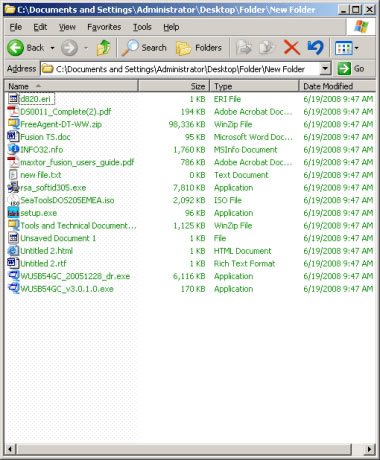
The drive must be connected back to the original computer to recover these files. The files have not been encrypted with Seagate software. Please see these Microsoft KB articles for more information:
How to remove file or folder encryption in Windows XP
Best practices for the Encrypting File System
A final issue could be corruption of the file structure.
- Run checkdisk on the drive in order to attempt to repair the corruption.
- Attempt the steps above for the problem of the corrupted partition.
 REFERENCE TO THIRD PARTIES AND THIRD PARTY WEB SITES. Seagate references third parties and third party products as an informational service only, it is not an endorsement or recommendation - implied or otherwise - of any of the listed companies. Seagate makes no warranty - implied or otherwise - regarding the performance or reliability of these companies or products. Each company listed is independent from Seagate and is not under the control of Seagate; therefore, Seagate accepts no responsibility for and disclaims any liability from the actions or products of the listed companies. You should make your own independent evaluation before conducting business with any company. To obtain product specifications and warranty information, please contact the respective vendor directly. There are links in this document that will permit you to connect to third-party web sites over which Seagate has no control. These links are provided for your convenience only and your use of them is at your own risk. Seagate makes no representations whatsoever about the content of any of these web sites. Seagate does not endorse or accept any responsibility for the content, or use, of any such web sites.
REFERENCE TO THIRD PARTIES AND THIRD PARTY WEB SITES. Seagate references third parties and third party products as an informational service only, it is not an endorsement or recommendation - implied or otherwise - of any of the listed companies. Seagate makes no warranty - implied or otherwise - regarding the performance or reliability of these companies or products. Each company listed is independent from Seagate and is not under the control of Seagate; therefore, Seagate accepts no responsibility for and disclaims any liability from the actions or products of the listed companies. You should make your own independent evaluation before conducting business with any company. To obtain product specifications and warranty information, please contact the respective vendor directly. There are links in this document that will permit you to connect to third-party web sites over which Seagate has no control. These links are provided for your convenience only and your use of them is at your own risk. Seagate makes no representations whatsoever about the content of any of these web sites. Seagate does not endorse or accept any responsibility for the content, or use, of any such web sites.

